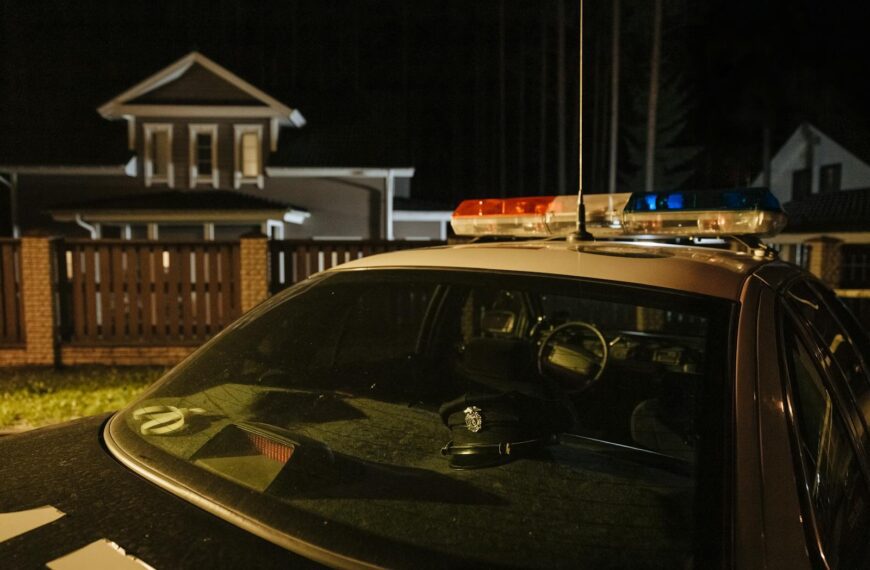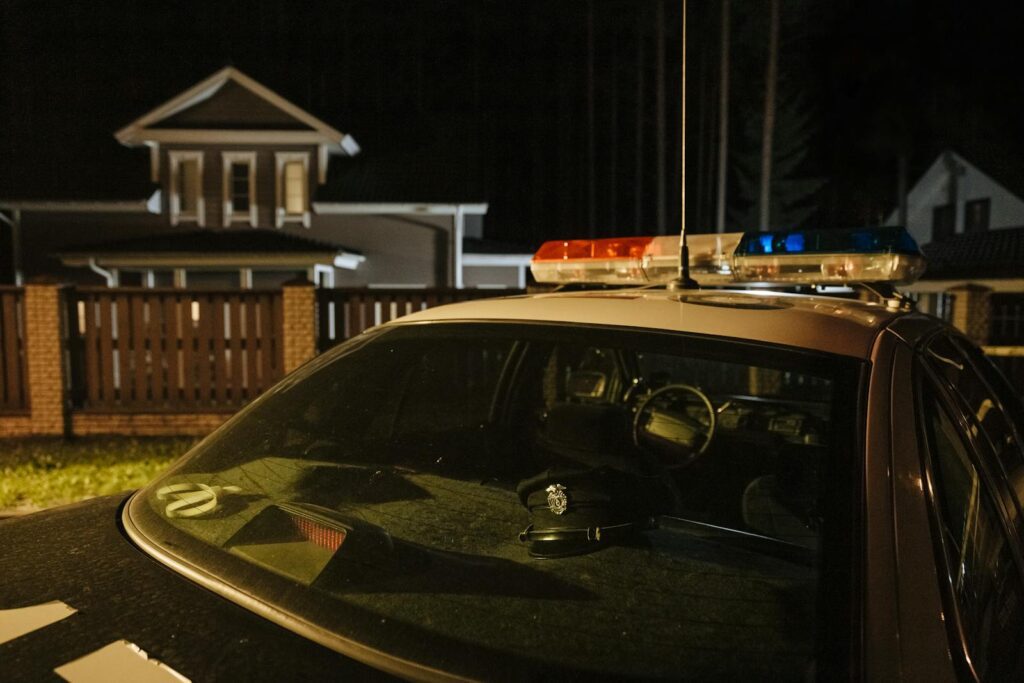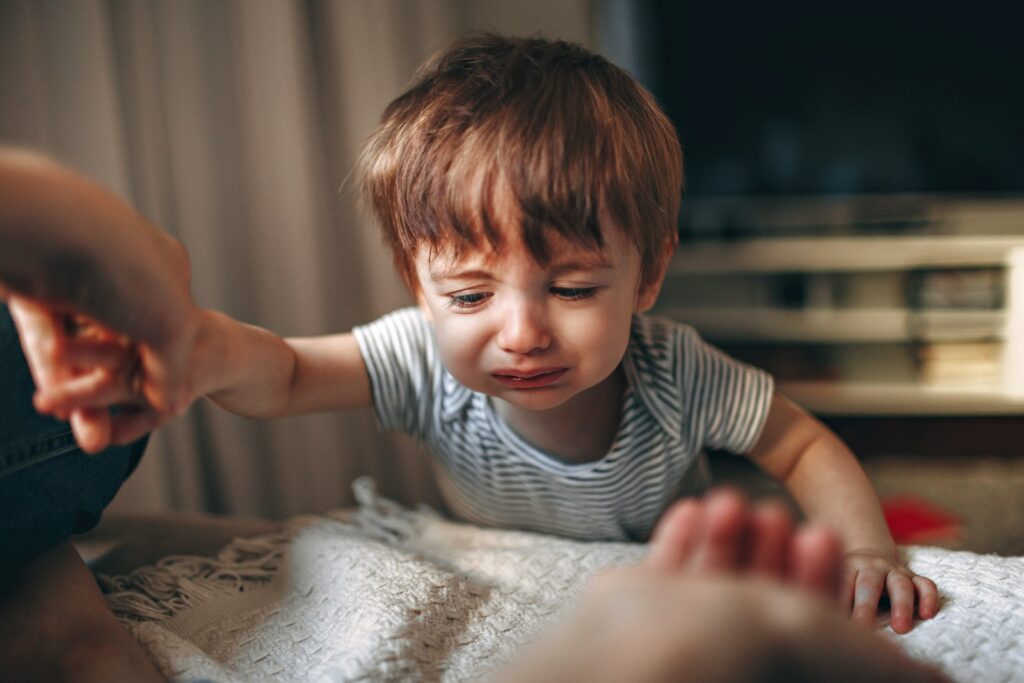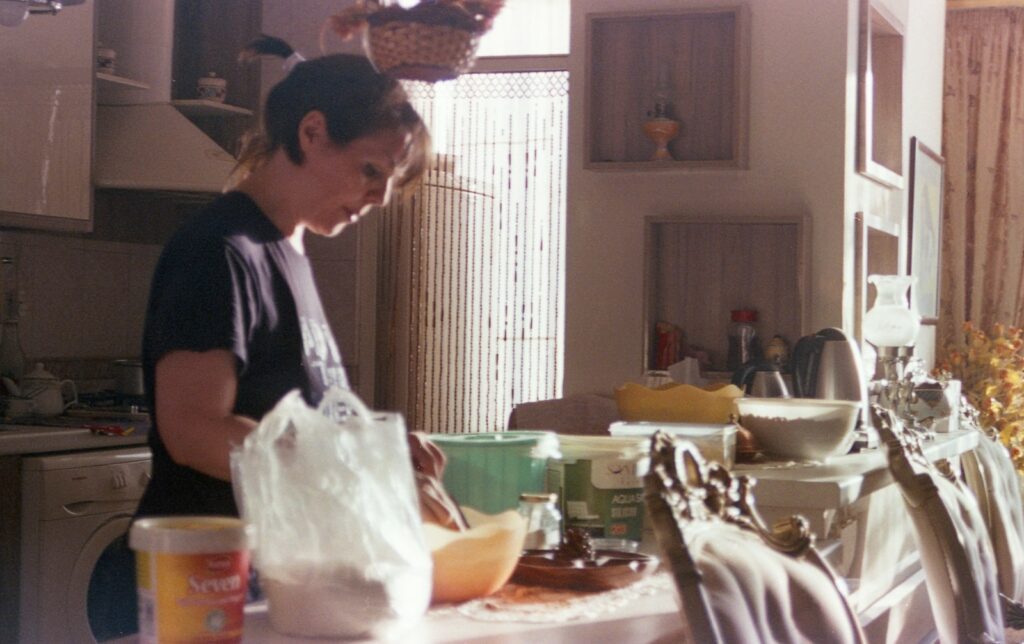When it comes to throwing items away, not everything should go straight into the trash bin. Certain things require special handling or disposal methods to keep the environment safe and follow local rules. Knowing what these items are and how to dispose of them properly can save you from fines and protect your community.
You might think disposing of household items is straightforward, but rules often vary by city or county. Checking local disposal guidelines before tossing something out helps ensure you’re doing the right thing and can even guide you to recycling or drop-off options nearby. This article will help you identify six common items that need a closer look before you throw them away.
Used Batteries (especially lithium and lead-acid)
When you have used batteries, especially lithium and lead-acid types, don’t just toss them in the trash. These batteries can be hazardous and may cause fires if not handled properly.
You should check your local disposal rules because many places require these batteries to be recycled at special centers. Keeping them in a non-conductive container until drop-off helps prevent accidents.
Retailers like Best Buy or hardware stores often have battery recycling drop-offs. Taking a moment to dispose of these batteries safely helps protect your home and the environment.
Leftover Oil-Based Paints
If you have leftover oil-based paints, don’t just toss them in the trash. These paints contain chemicals that can harm the environment if not disposed of properly.
Check your local disposal guidelines because many communities have special programs or hazardous waste facilities that accept oil-based paints.
Some areas offer paint recycling or drop-off locations at hardware stores. You might need to store the paint safely until you can take it there.
Never pour oil-based paint down drains or onto the ground. This helps protect water sources and wildlife in your community.
Expired Medications
If you have expired medications, don’t just toss them in the trash without checking local disposal rules. Many places offer drug take-back programs where you can safely drop off unused or expired medicines.
If a take-back option isn’t nearby, you can usually dispose of medicines in the trash with precautions. Keep caps tightly closed and remove personal info from packaging.
Remember, some medications like needles or liquid meds may need special handling. Checking local guidelines helps you stay safe and protect the environment.
Waste Motor Oil
You should never pour waste motor oil down drains or toss it in the trash. It contains chemicals that can harm the environment and water sources.
Instead, store your used oil in a sealed container. Then, check your local disposal rules for drop-off locations, like auto parts stores or recycling centers.
Many communities offer free recycling sites for motor oil. Taking the time to dispose of it properly helps protect your neighborhood and wildlife.
Electronics like old smartphones and laptops
You might be tempted to toss old smartphones or laptops in the trash, but it’s important to check local disposal rules first. These devices contain materials that can be harmful to the environment if not handled properly.
Instead of throwing them away, see if you can recycle or sell them. Some places offer special e-waste recycling programs that safely extract valuable parts.
Even if your device is broken, it might still be useful to someone or could be repurposed. Taking a moment to find the right disposal option helps protect the environment and keeps your data safe.
Chemical Cleaners and Pesticides
You should never toss chemical cleaners or pesticides in your regular trash. These items often contain harmful substances that can leak into the environment, posing risks to health and wildlife.
Before you discard them, check your local disposal guidelines. Many communities have special collection sites or hazardous waste programs to handle these products safely.
If using them up isn’t possible, contact your local waste facility or the product manufacturer for disposal instructions. Mixing different chemicals or pouring them down drains can be dangerous, so always follow recommended steps.














